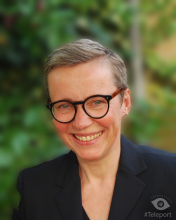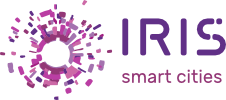
IRIS Smart Cities spoke to Utrecht project manager Mirjam Harmelink about the creation of a €20,000 prize for energy use solutions in primarily low-income housing.
You recently launched a competition for residents to come up with a winning idea to reduce their energy consumption, with a significant cash prize for the winning idea… why did you choose this approach?
Research shows that a significant number of low-income tenants lack insight into their energy bill and energy consumption in their comparable homes can vary enormously. This means there is lots room to lower their energy bills, lower their housing costs and increase disposable income in households that need it most.
We also noticed that current services available on the market (such as home energy management systems) are hardly adopted by low-income households. With this in mind, we decided to challenge the market to come with creative, innovative and scalable solutions specifically targeted at this group.
The winner will be given the opportunity to fine tune their idea and support for its development by Utrecht Inc. incubation program. Bo-Ex Housing Corporation has also committed to be a launching customer.
And how will people submit their ideas and then be judged?
Participants can submit their ideas online through the IRIS Utrecht website. A shortlist of five leading entries will be selected to present their idea to a jury, from which one winner will be chosen.
As we are looking for scalable data services, we will assess their experience with open APIs and development of mobile applications – as well as their vision and commitment to make a large-scale impact.
Citizen engagement is also important to us in the IRIS project, so the participants should show experience in co-creation of solutions together with end users – generating long-term behavior change and adoption.
The panel will be made of Bo-Ex housing corporation as the launch customer, Utrecht Inc, and IRIS partners: Utrecht Sustainability Institute, Civity, Municipality of Utrecht, HKU and the University of Utrecht.
27 May 2019

